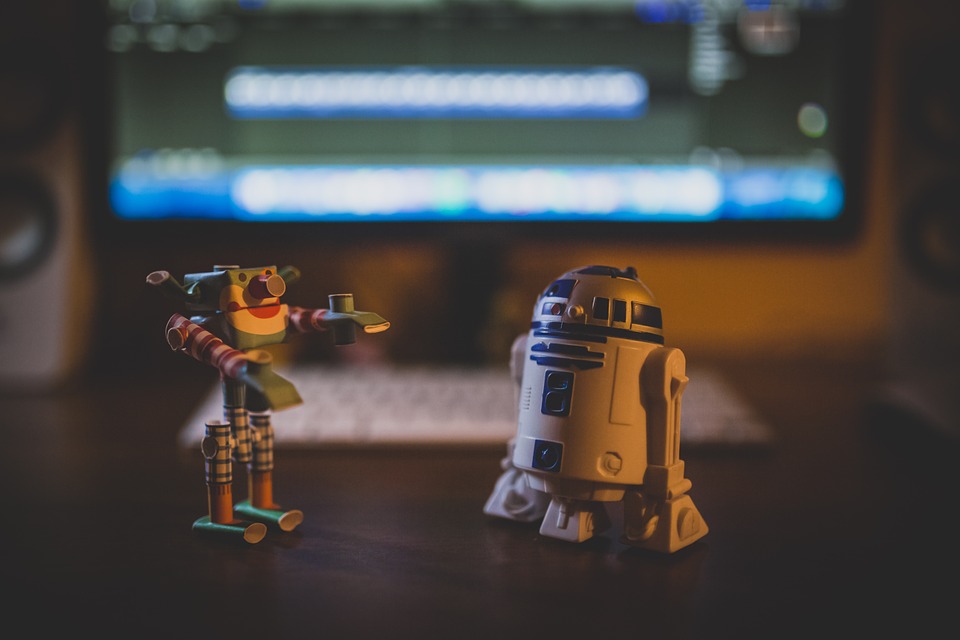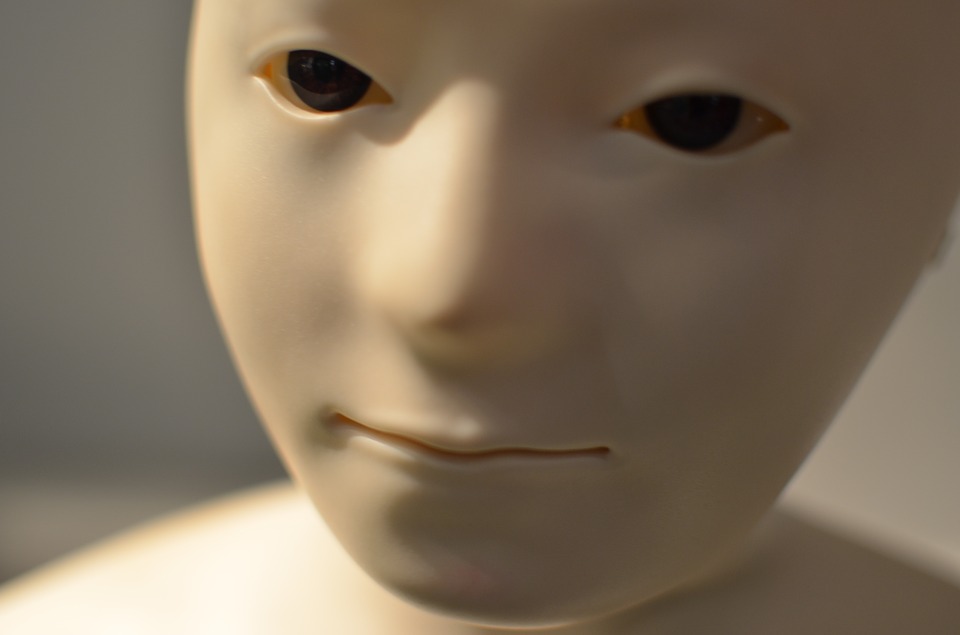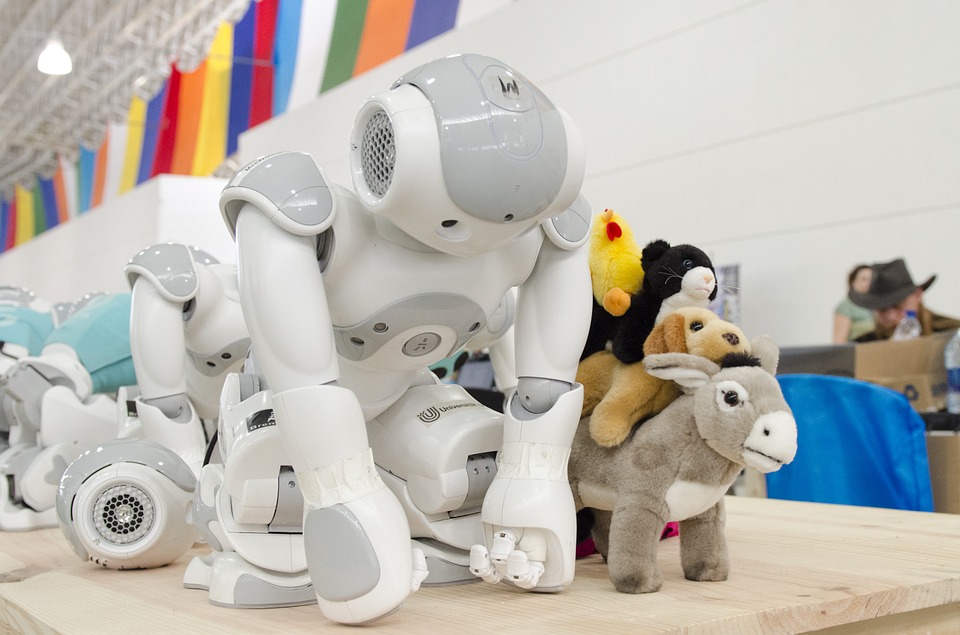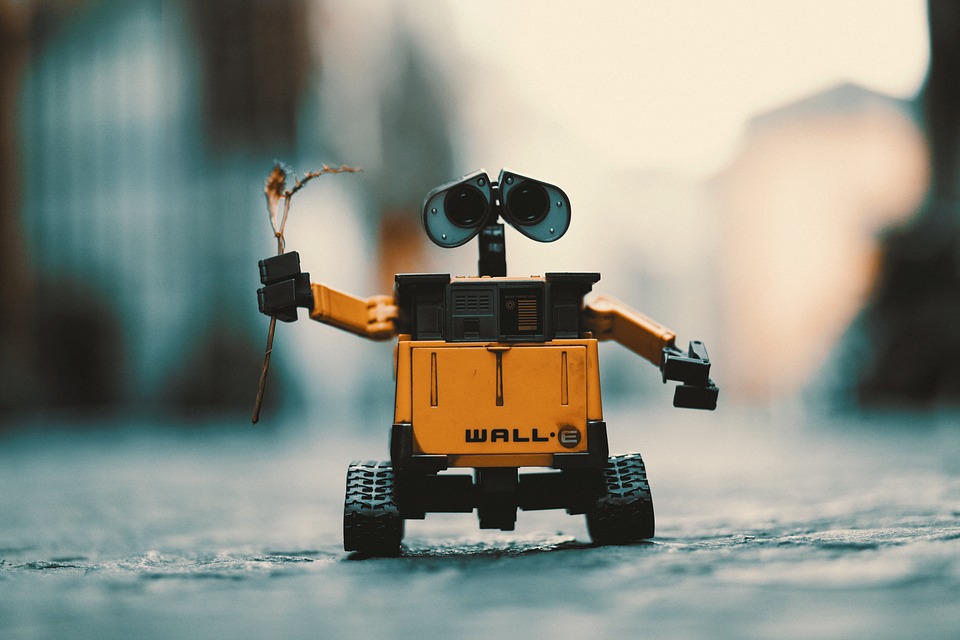Is Our Mental Health In Danger Because Of Artificial Intelligence?

Artificial intelligence (AI) machines are already faster, stronger and smarter than we, humans, are. Their progress in acquiring new skills grows exponentially. How can we adapt to this fast moving field of artificial intelligence without having our mental health affected? How will our human relationships be transformed as we will more and more develop a new kind of relationship, human-machine relationship?
Nigel Barber, a prolific cross-national researcher, award-winning author and a Ph.D. owner in Bio-Psychology has an eye-opening insight into these issues.
1. The Evolutionary Psychology field is a very fascinating field. What made you choose this particular field in Psychology?
Evolutionary psychology invites us to look at how humans evolved in terms of adaptive challenges. I have never been satisfied with what I have read about the relationship between humans and other species. All of my scientific work has been to grapple with the broad question of how humans adapt to the environment, whether as individuals, or as groups.
2. You have some pretty interesting and eye-opening articles on Artificial Intelligence. Could you tell our readers what is AI?
When machines perform functions such as solving problems, or learning from experience, this is seen as artificial intelligence. More formally, AI involves intelligent machines that can succeed in some goal, whether it is landing an aircraft, or winning a game of chess.
3. What are some abilities than AI can perform better than humans?
Machines can already do about 40 percent of jobs better than humans and are about to displace at least that many workers. Much of this work involves simple mechanical tasks, such as flipping hamburgers, but some of it is highly complex, such as air traffic control, or updating the financial news.

4. What are some human abilities than AI do not possess yet?
This is surprisingly difficult to answer, given that computers can write books and poems, beat people at chess, do journalism, etc. Of course, we still have an advantage in building close social relationships with other people and I do not think that machines can ever raise children successfully, although they are making inroads in care of the elderly. Humans currently have an advantage in many low-level motor skills, such as playing sports, or making an omelet as well as higher-order functions such as insight into human relationships.
5. How likely it is that AI will ever have emotions and consciousness?
Emotions yes, consciousness no. Consider that robots can already express facial emotions via a rubber mask that mimics muscle movements used to produce specific emotions. Of course, they do not feel the emotion, only express it. Consciousness is very tricky to define as a scientific concept and may be impossible to demonstrate for machines.

6. Are we at risk of becoming less intelligent because AI?
I may be out on a limb in this but I believe that the perfection of electronic personal assistants means that our brains will have less work to do and will regress, rather like the idle rich satirized as Bertie Wooster in P.G. Wodehouse novels. If you don’t use it, you lose it. Already, many people would literally be lost without GPS navigation systems and would find it hard to follow a map.
7. How will humans interact with AI? What kind of relationship is a human-AI relationship?
Research on human interactions with robots suggests that we get to perceive them as people resulting in attachments similar to those we have with pets. Similarly, we have never had any trouble interacting with electronic voices in telephone systems. Voice activation of household devices in the future smart home seems to be the way forward.
8. How will AI modify relationships among humans?
The power of electronic search modifies the way we shop and also affects dating practices. This is particularly true of dating services that use algorithms to match people based on similarity of interests and personality. One key attribute of electronic searches is their efficiency so that a person looking for a partner can sift through thousands of prospects in a very short time. The down side is that this can encourage brief and shallow relationships where the focus is on sex rather than long term relationships.
The potential impact of AI on social relationships is imagined in the Netflix series, Dark Mirror that is set in the near future. Many plausible sources of social control are dramatized, such as the possibility that ex-boyfriends might be electronically expunged, or the potential for casual misdemeanors to ruin our financial credit and social status. Such scenarios seem technically possible.
With future development of augmented reality, we may move from the immersive experiences currently possible, where the virtual landscape seems real, to one where two or more people can interact in a completely artificial world. This is currently not possible due to the great amount of processing required but it will inevitably become possible. If so, we will cross a threshold where completely virtual experiences take over from real world ones and real people become indistinguishable from their electronic avatars. In other words, reality and fiction will blend.

9. How will AI modify our mental and physical health?
One implication of increasing development of AI is that we will move around even less as electronic systems take over practical issues such as maintaining a home, or driving a car. This carries great risks of obesity and related diseases. Spending more time interacting with robots, or intelligent machines more generally means that we will likely have less face-to-face interactions with other people that could be a recipe for isolation, alienation, and anxiety. This problem has already raised its ugly head in connection with use of social media sites like Facebook where users are excessively concerned about how they appear to others and spend a lot of effort on self-promotion.
10. Your books cover a wide range of high interest domains: from parenting, romantic and sexual relationship, kindness and altruism to science of societies and technology. Please describe a little bit your books and where can we purchase it.
As a cross-national researcher, I account for societal differences in sexual and reproductive behavior in adaptive terms and my writing reflects this approach. My books (available on Amazon) are written to be accessible to general readers. Why Parents Matter applies an evolutionary interpretation of parental investment to current social problems including teen pregnancy and juvenile crime. The Science of Romance provides an evolutionary account of courtship and reproductive competition, and won the Independent Publisher’s award in psychology. Kindness in a Cruel World develops an evolutionary explanation of altruism and antisocial behavior as a function of the different rearing conditions and parental investment prospects in societies around the world. The Myth of Culture: Why We Need a Genuine Natural Science of Societies proposes a reinterpretation of the social sciences as natural sciences where human behavior variation in different societies represents an adaptive response to ecological challenges and developmental histories. The e-book, Why Atheism Will Replace Religion explains why religion will decline in importance as the nations of the world develop economically so that worldwide living conditions improve sapping the need for organized religion as a salve for misery.
Thank you, Nigel, for this clear picture of our future in relation with AI. Knowing how this aspect could affect our lives we can be more aware of the mental problems that could arise (e.g., isolation, depression, anxiety) and be prepared to interact more efficiently with artificial intelligence without affecting our well-being and health.





Responses